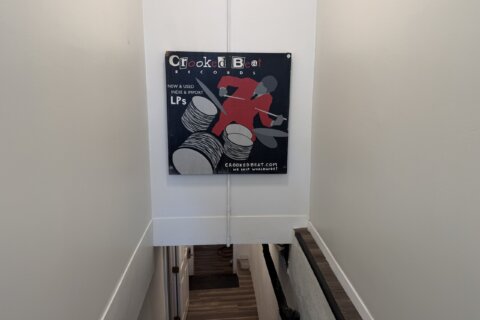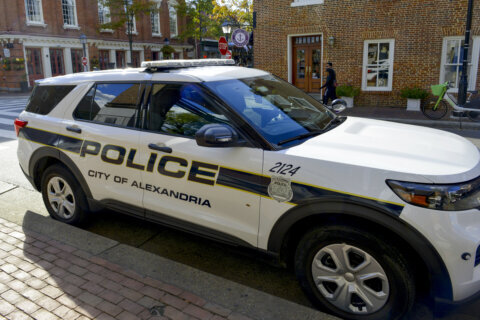Metro riders are celebrating the end of the long summertime shutdown of six rail stations Monday, and local businesses are too — offering deals for returning commuters.
Business owners in communities around the reopened stations, such as Alexandria, Virginia, are rejoicing now that thousands of riders will once again be moving through their areas.
“Businesses that were closest to the Metro were most impacted,” said Claire Mouledoux, spokeswoman for Visit Alexandria. “Business are so excited to welcome back Metro riders.”
And riders are being rewarded for returning.
Braddock Road station among 6 Metro stations back open after a summer closure. @WTOP @WTOPtraffic pic.twitter.com/XQUpD3mlIh
— Nick Iannelli (@NickWTOP) September 9, 2019
This week through Sunday, they can get deals at Alexandria businesses just by showing their SmarTrip cards.
“Restaurants, shops attractions and more are offering special offers,” Mouledoux said. “You’ll get special deals and discounts.”
Alexandria Mayor Justin Wilson called the end of the closure a “sigh of relief.”
“We have been disconnected all summer,” Wilson said. “Having all of our stations working is a big relief to our residents and businesses. It’s had an impact on us financially, and it’s had an impact on traffic and congestion.”
The six Blue and Yellow line stations south of Reagan National Airport reopened Monday with completely rebuilt platforms after being closed since late May.
They included the Braddock Road, King Street-Old Town, Eisenhower Avenue, Huntington, Van Dorn and Franconia-Springfield stations.
Station improvements include slip-resistant tiles on platforms and in the mezzanine areas, stainless-steel platform shelters with charging ports, additional passenger information display screens and improved speakers for clearer public announcements and emergency notifications.
“For all the businesses around here — obviously it’s a good day for them to get this back open,” said Metro General Manager Paul Wiedefeld. “It’s been a very intensive project over the last three months.”
According to Metro officials, closing the stations completely and giving workers round-the-clock access allowed the project to impact only one summer, rather than having several years of single tracking and weekend shutdowns.







